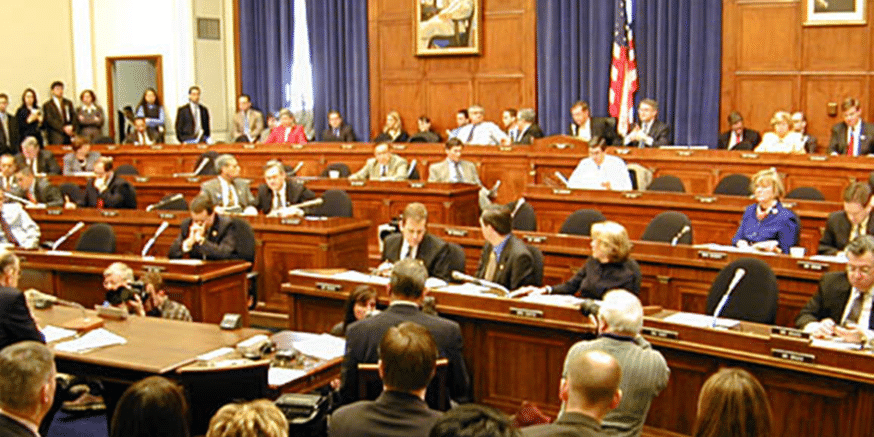TLDR
- The CLARITY Act has gained overwhelming bipartisan support in Congress, with passage expected in the coming weeks.
- The bill aims to resolve regulatory ambiguity in the crypto industry by clearly defining the roles of the SEC and CFTC.
- The CLARITY Act would require digital commodity exchanges, brokers, and dealers to register with the CFTC within 180 days.
- Passage of the bill would mark a shift from an enforcement-first strategy to a defined regulatory framework for the crypto market.
- The CLARITY Act is aligned with the White House’s digital assets report, aiming to strengthen U.S. crypto innovation and global competitiveness.
Representative French Hill, Chairman of the House Financial Services Committee, said this week that the CLARITY Act could pass within the next few weeks. Hill emphasized the bipartisan support the bill has garnered, noting it passed the committee with broad backing from both Democrats and Republicans. He pointed out that the legislation was approved on a “suspension-level vote,” signaling widespread appeal.
CLARITY Act Establishes Clear Crypto Market Structure
The CLARITY Act aims to resolve long-standing regulatory uncertainty in the crypto industry. It assigns the Commodity Futures Trading Commission (CFTC) as the lead regulator for digital commodities. The Securities and Exchange Commission (SEC) will retain authority over investment contracts and securities.
🇺🇸JUST IN: Chairman French Hill says the crypto market structure bill, The CLARITY Act, has overwhelming bipartisan support and he hopes to "get it done" in the next few weeks 🤝 pic.twitter.com/rZdtfmsP97
— CryptosRus (@CryptosR_Us) September 3, 2025
This clear separation of roles aims to eliminate the jurisdictional conflicts that have occurred between the SEC and CFTC. The bill requires digital commodity exchanges, brokers, and dealers to register with the CFTC within 180 days of enactment. Registrants must also provide detailed disclosures, including ownership, financial condition, and operational data.
By defining these roles, the CLARITY Act seeks to establish a clearer market structure. Lawmakers hope this will provide much-needed regulatory clarity for the crypto industry. The goal is to create a predictable framework that fosters innovation while ensuring proper oversight.
U.S. Aims to Lead Crypto Innovation
The passage of the CLARITY Act would mark a significant shift in U.S. crypto regulation. Under the Biden administration, the SEC, led by Chair Gary Gensler, adopted a stringent enforcement-first approach. This strategy faced criticism from crypto firms and investors, who called for clearer guidelines.
The bill’s enactment would replace this enforcement-driven approach with a defined market structure. This would align with the White House’s July 30 digital assets report, which supports the framework laid out by the CLARITY Act. The bill represents a broader shift toward comprehensive digital asset policy in the U.S.
With the CLARITY Act and July’s stablecoin legislation, the U.S. could position itself as a global leader in crypto innovation. By resolving regulatory ambiguity, the bill would allow the U.S. to compete on the global stage. This move aims to boost investor confidence and encourage crypto industry growth in the country.
If passed, the CLARITY Act would not only bring regulatory certainty but also end years of friction between regulatory bodies. The legislation’s success would mark a pivotal moment in U.S. crypto policy. It will likely have far-reaching implications for how digital assets are regulated in the future.







